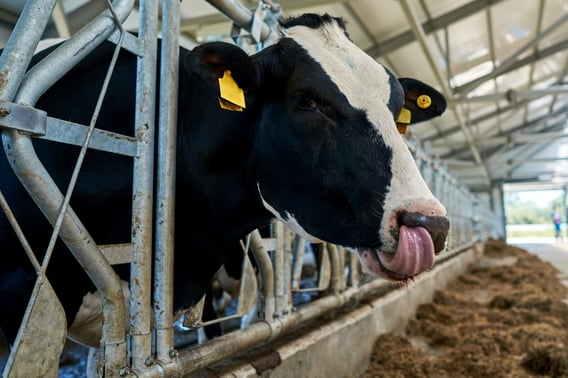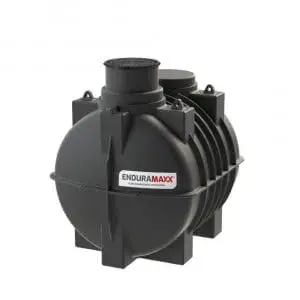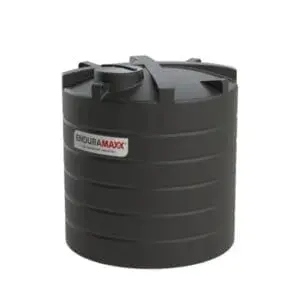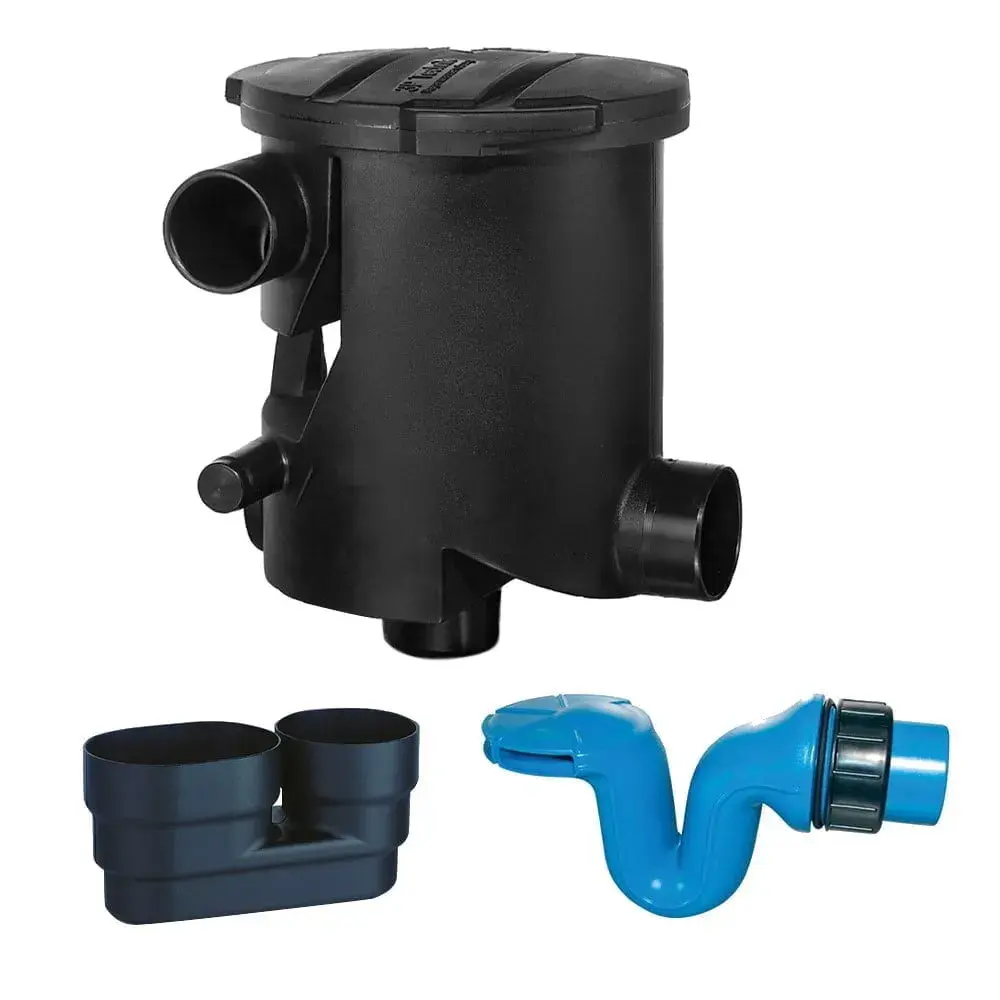
As the dairy industry navigates the challenges of mixed quality silage this season, the importance of molasses in boosting dry matter intake for cattle is evident.
How Adverse Weather Conditions In 2023 Have Affected Cut Quality
This year's silage harvest has been of mixed quality across different cuts, significantly influenced by variable weather conditions. Early first-cuts in May proved to be excellent, whereas late May and early June cuts were more average in quality, with second cuts bordering on dryness and reduced nutritional value and palatability.
What Are The Key Reasons That Molasses Is Added To Grass Silage?
Improved Palatability: Grass silage alone may not always be very palatable to livestock, especially when it's of lower quality or has undergone extensive fermentation. Molasses is sweet and can enhance the taste of the silage, making it more appealing to animals. This can encourage them to consume more feed and meet their nutritional requirements.
Increased Energy Content: Molasses is rich in sugars, which are a source of readily available energy for animals. By adding molasses to grass silage, you can increase the energy content of the feed, which is particularly beneficial for high-producing animals or during periods of increased energy demand, such as lactation.
Improved Digestibility: The sugars in molasses can stimulate microbial activity in the rumen, the first stomach of ruminant animals. This enhanced microbial activity can improve the overall digestibility of the silage, helping animals extract more nutrients from their feed.
Preservation and Fermentation Aid: Molasses can act as a preservative and fermentation aid in the silage-making process. The sugars in molasses can promote the growth of lactic acid-producing bacteria, which can lower the pH of the silage and inhibit the growth of spoilage microorganisms. This helps to preserve the silage and maintain its quality during storage.
Increased Dry Matter Intake: Molasses can increase the dry matter intake of animals, which can be especially important for maintaining or increasing body condition and milk production in dairy cattle.
Reduced Sorting: Livestock tend to sort through their feed, eating the most palatable components first and leaving less desirable parts behind. The addition of molasses can help reduce sorting because it makes the entire silage mixture more uniform and appealing to the animals.
Stress Reduction: In situations where animals may be under stress due to factors like weather conditions or transportation, the sweetness of molasses can help reduce stress and stimulate feed intake.
Cost-Effective Energy Source: Molasses is often a cost-effective source of energy, especially when compared to other concentrated energy feeds. This can make it a valuable component in the diet for livestock producers looking to optimise their feed costs.
It's important to note that while molasses can provide several benefits when added to grass silage, its inclusion should be carefully considered in the overall diet and nutritional needs of the livestock. Proper management and monitoring of the silage-making process, including the amount of molasses added, are essential to ensure it meets the specific requirements of the animals and does not lead to imbalances in their diet. If in doubt, always consult a nutritionist.
Molasses, being a bulky heavy liquid, requires appropriate containment. Traditionally, steel tanks have been the first-choice due to their strength and durability. Nevertheless, innovative plastic tanks, such as those we supply at Enduramaxx, are viable alternatives: they overcome steel's weight-bearing advantage, and provide structural integrity. Plastic tanks also offer flexibility and ease of installation, especially when considering gravity-fed filling for diet feeders.
Why Our Molasses Storage Tanks Deliver Exceptional Value
Enduramaxx tanks are heavy-duty and are ideal for storing liquid molasses.
Features Of Our Molasses Storage Tanks:
- Heavy Duty tanks for containment of liquids up to 1.5 SG liquid (Liquid molasses has a specific gravity of between 1.35 and 1.45).
- Holds bulk delivery of liquid molasses.
- Outlet size can be specified up to 4”.
- Rust and corrosion free.
- Rotationally moulded delivers long term structural integrity.
- Moulded lugs in the roof of the tank allow easy lifting and can also be used as tie-down points.
- Ribbed design provides added strength and an attractive appearance.
- Rust and corrosion-free, unlike metal alternatives.
- One-piece tank construction delivers long-term structural integrity.
- Larger outlets available upon request.
Contact Us To Find Out More
If you would like to find out more about our liquid molasses storage tanks, please get in touch.
Posts By Topics
- Blog (303)
- Chemical Storage Tanks (118)
- Chemical Dosing Tanks (114)
- Chemical Tanks (114)
- Water Tanks (58)
- Rainwater Harvesting Tanks (43)
- Vertical Rainwater Tanks (31)
- Vertical Storage Tanks (31)
- Cone Bottom Tanks (19)
- Conical Cone Tanks (18)
- Rainwater Harvesting (17)
- Water Bowsers (15)
- Horizontal Tanks (14)
- Potable Water Tanks (13)
- Farming (9)
- Case Studies (8)
- Industrial Storage Tanks (7)
- Liquid Fertilser Storage Tanks (6)
- WRAS Approved Potable Tanks (6)
- Wine and Beer Production (6)
- Horizontal Transport Tanks (5)
- Microbrewery (5)
- Rainwater (5)
- Category 5 Break Tanks (4)
- Cider Production (4)
- Mixer Tanks (4)
- Molasses Tanks (4)
- Polyethylene tanks (4)
- Rainwater Filter Kits (4)
- SPECIALIST & BESPOKE TANKS (4)
- Bunded Tanks (3)
- Slimline Tanks (3)
- WRAS Approved (3)
- Clarification Tanks (2)
- Crosslinked Polymer Tanks (XLPE) (2)
- Fertiliser Tanks (2)
- Sump Tanks (2)
- Tank Installation (2)
- Water Butt (2)
- underground water tanks (2)
- ACCESSORIES & FITTINGS (1)
- ATV & UTV SPRAYING UNITS (1)
- Above Ground Effluent Tanks (1)
- Bespoke Tank Frames (1)
- Category 5 Turret (1)
- Caustic Soda Tanks (1)
- Closed Top Bunded Tanks (1)
- Craft beer (1)
- Effluent Tanks (1)
- Enduramaxx (1)
- Ferric Chloride Tanks (1)
- Fire Safety Regulations (1)
- Fire Sprinkler Water Storage Tanks (1)
- Industrial Water Tank (1)
- Open Top Bunded Tanks (1)
- Open Top Cone Tanks (1)
- Open Top Vertical Tanks (1)
- Polyethylene Potable Water Tanks (1)
- Polyvinylidene Fluoride (PVDF) Tanks (1)
- Polyvinylidene Fluoride Tanks (PVDF) (1)
- Pressure Washers (1)
- Pro Series Spot Sprayers (1)
- RWH (1)
- Sodium Hydroxide Storage Tanks (1)
- Sprayer Fill-up Tanks (1)
- Uncategorised (1)
- liquid fertiliser tank (1)
Sign up to the newsletter
enduramaxx.marketing
Related Posts
Boost Farm Efficiency with a Reliable Irrigation Tank
If you’ve ever worried about unpredictable weather leaving your land parched or been...
Iron Removal from Mine Water using Conical Tanks
Iron Removal from Mine Water using Conical Tanks Open top conical tanks used for treating...
How to waste less water? | Enduramaxx - Manufacturers of Polyethylene Tanks
Water is a precious commodity that most of us take for granted. Wastewater, or wasted water, is...
Related Products
From £1,080.00 inc. VAT
£900.00 exc. VAT
From £1,344.00 inc. VAT
£1,120.00 exc. VAT
From £768.00 inc. VAT
£640.00 exc. VAT
£480.00 inc. VAT
£400.00 exc. VAT






